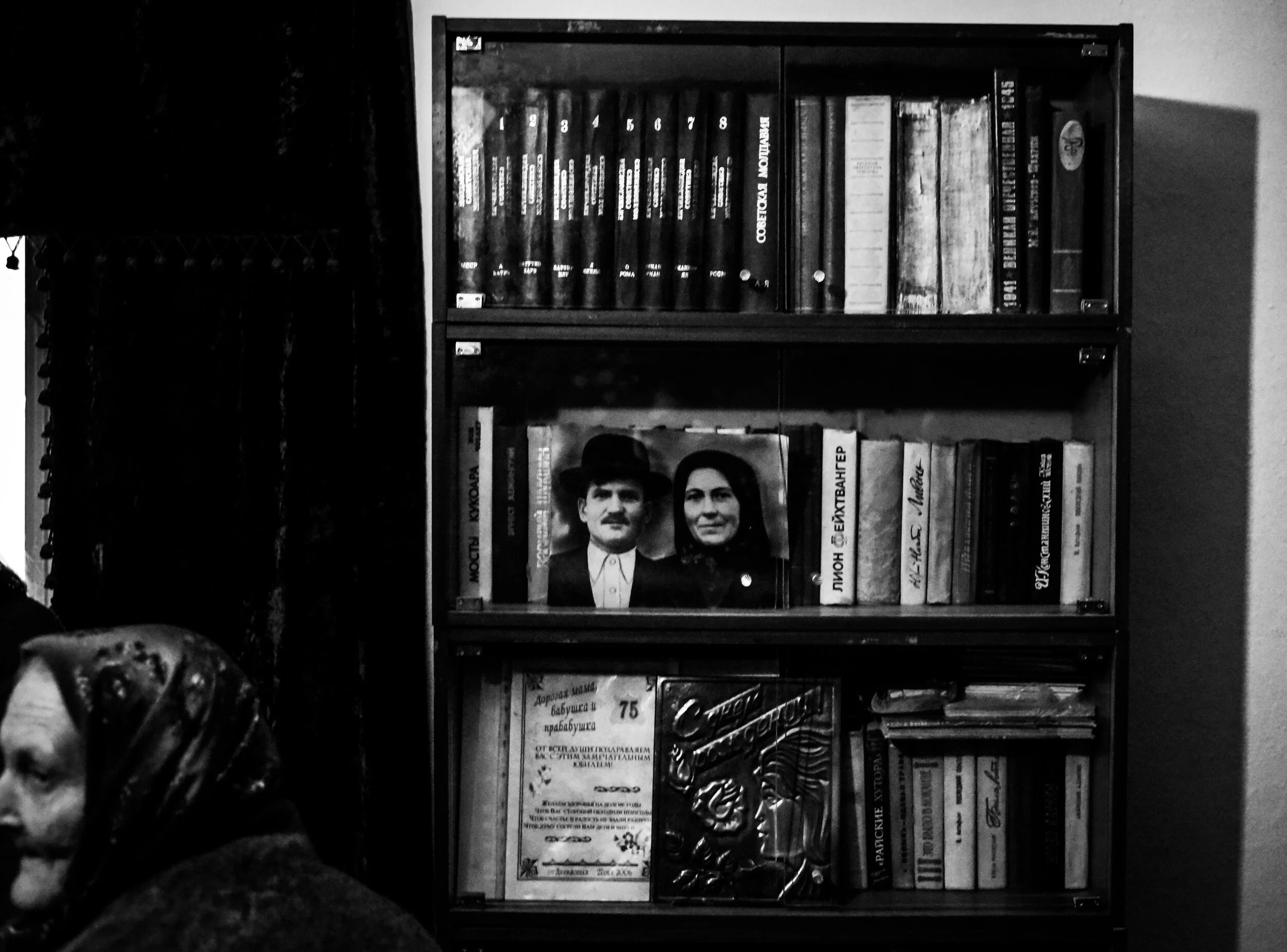
Almost Like in the Story
by Artem Cheh
Translated from the Ukrainian by Olena Jennings and Oksana Lutsyshyna
“Val, this louse, is sitting at the third line of defense, calling his wife and rambling on about how he was picking the guts of his friends off the ground.” My commander was telling the story about one of the soldiers with despair in his voice. He nearly shouted.
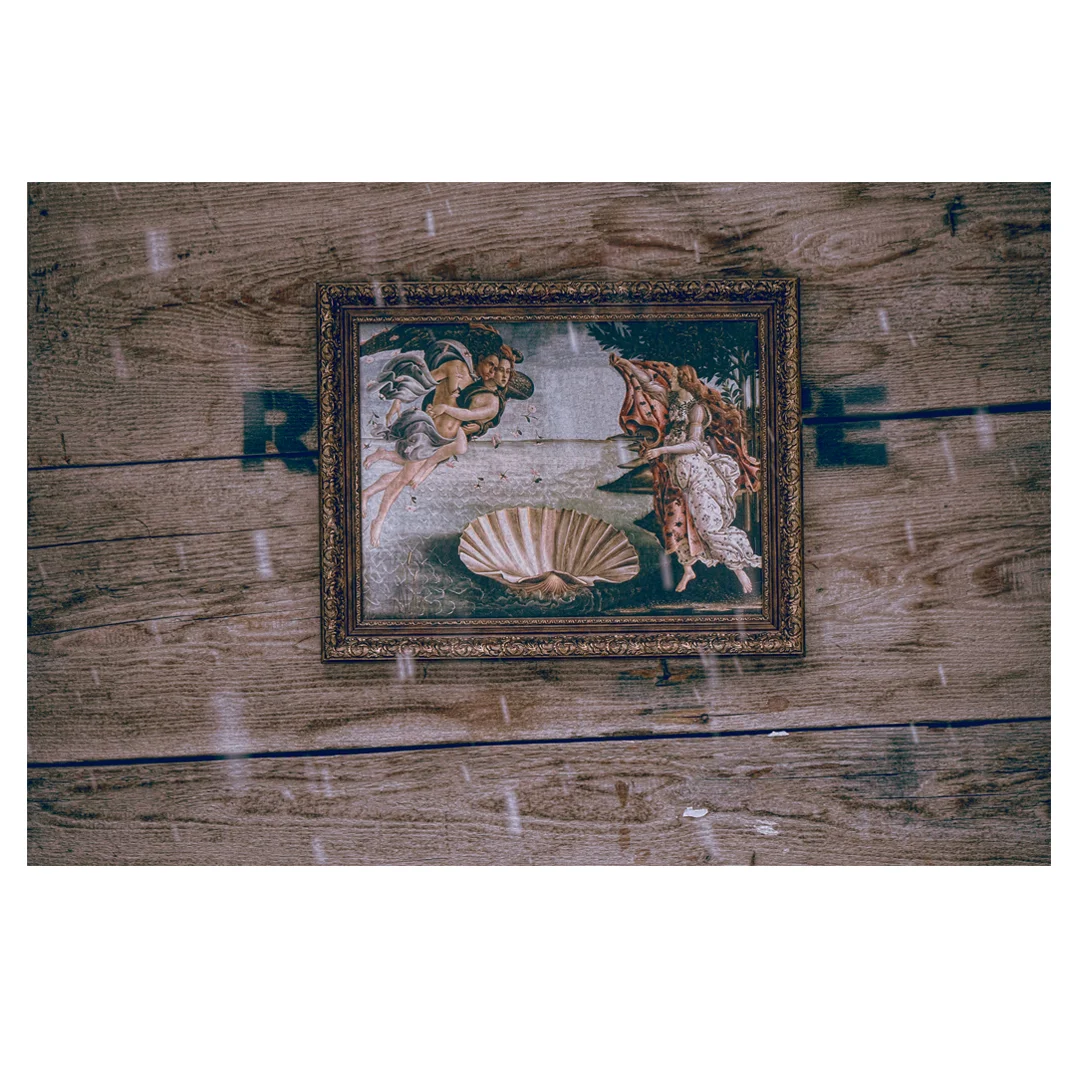
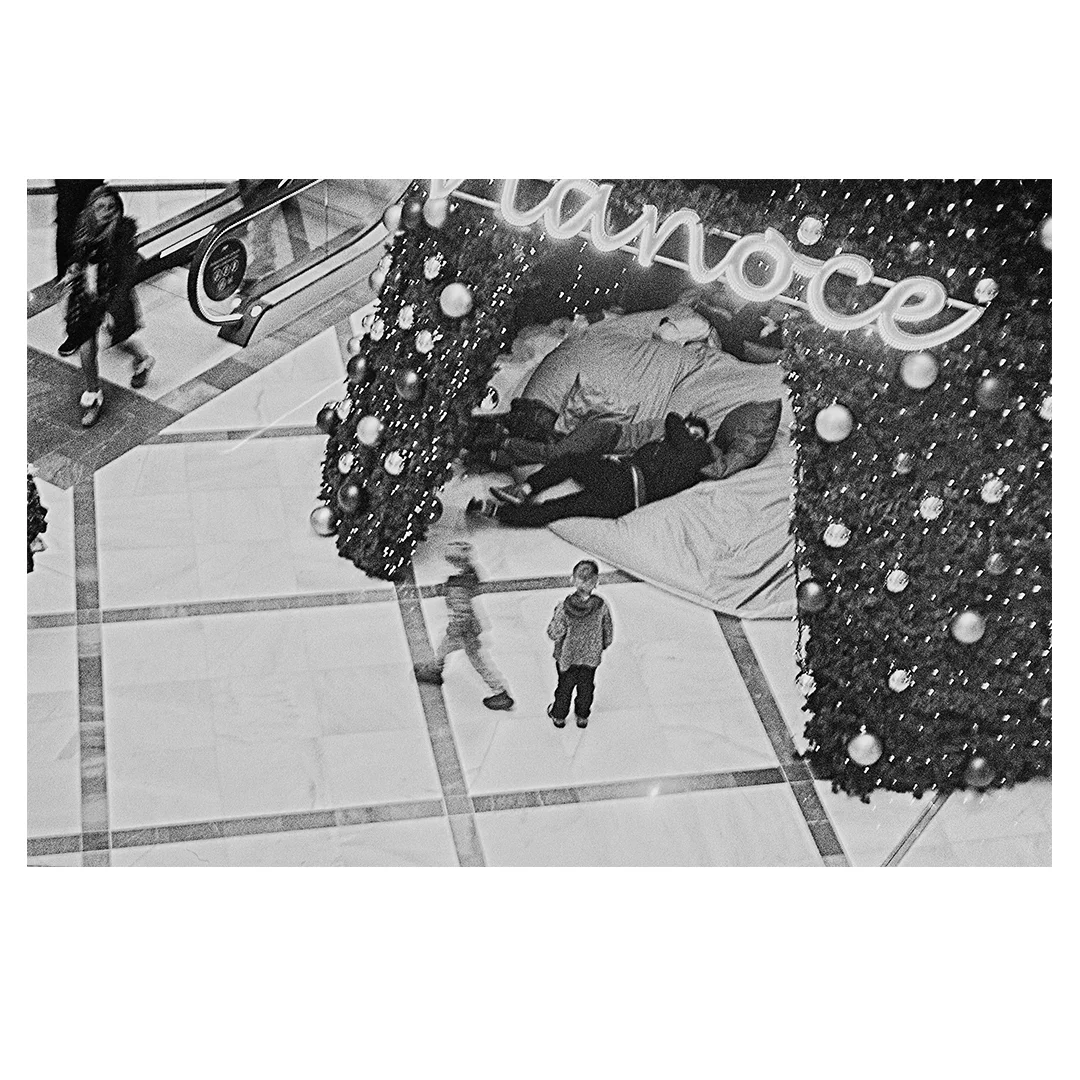
Feel Unique
By Artem Chapeye
Translated from the Ukrainian by Zenia Tompkins
He even felt jealous of that old lady. The crowd splashed out of the metro into the Akademmistechko Station. People flooded the stairs from wall to wall. And that old woman was walking in the opposite direction with a vengeful look and squabbling loudly. “This is a mob! People can’t even get through!” She genuinely viewed herself as separate, as different. As if she wasn’t a part of the mob. He felt jealous of that lady because it just didn’t work for him like that anymore.

A Curious Story of Stefan Lange
by Lyubko Deresh
Translated from the Ukrainian by Patrick John Corness
So, von Liebig was a courteous person. In his lectures, however contentious the issue under debate might be, he always acted with decorum when speaking of his critics, noting their strengths and praising their achievements. This completely won over Stefan Lange, who was at the time a third year student in the languages department of the University of Vienna.

Under the Sign of Peace
by Victoria Amelina
Translated from the Ukrainian by Zenia Tompkins
After Tarik was gone, and the Egyptian government had yielded its positions, I closed my laptop and walked up to the window. It was spring, and it wasn’t yellow leaves, as on that distant day in the fall of 1989, but now the white petals of an old pear tree that swirled in the yard between the hanging linens and the maples, abloom with the green heartlings of newborn life.


the road beyond the horizon
by Iryna Tsilyk
Translated from the Ukrainian by Vitaly Chernetsky
feat. the photography of Ruslan Hruschak
Be as it may,
every year begins and ends with
Christmas.
You will be standing somewhere on the porch
of your multi-apartment homeland
looking out for the first star
above the dark eyes of nervous cars
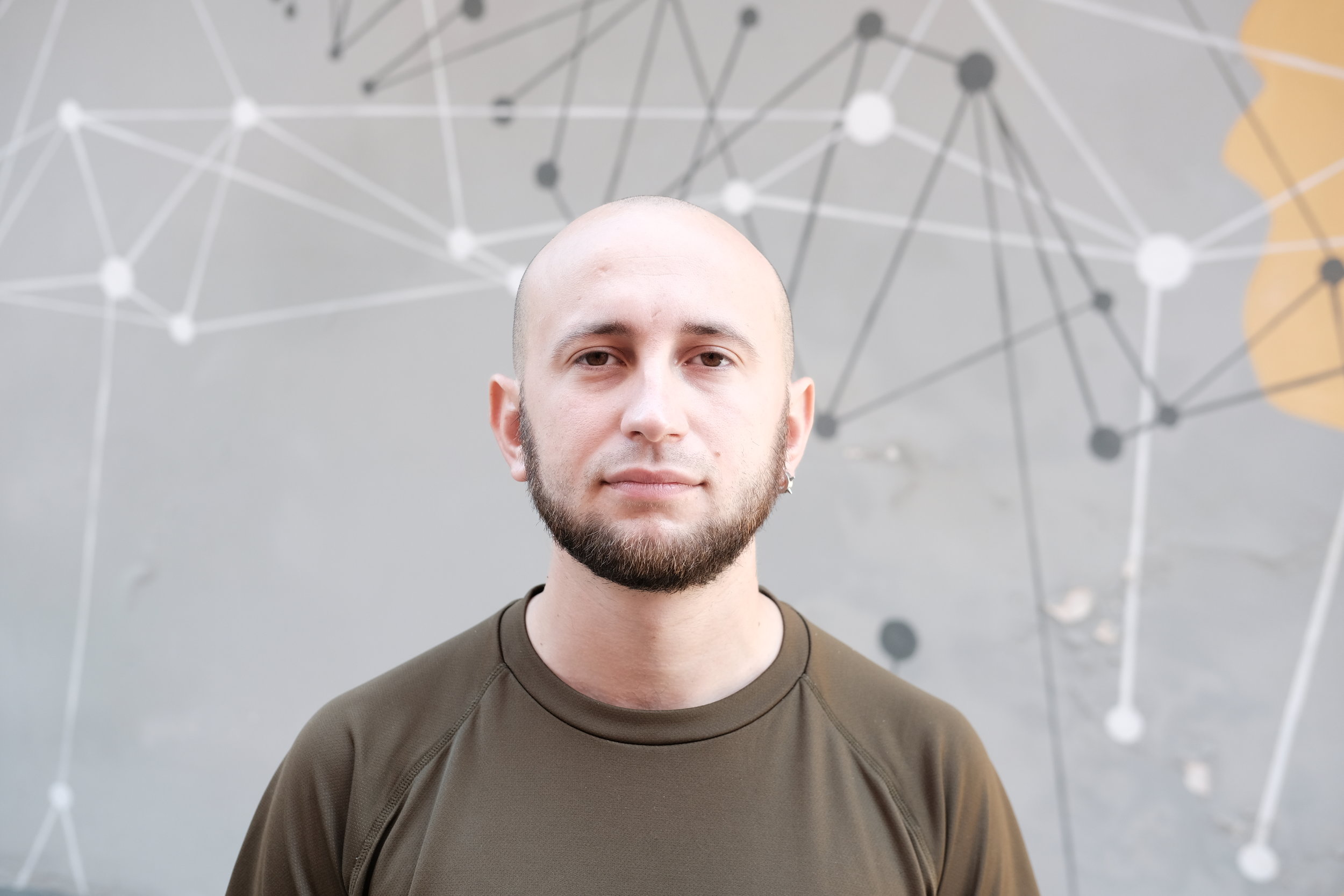
"I am glad that artificial intelligence is still not able to take creative work from us": An Interview with Andriy Tuzhykov
Interviewed by Oksana Chmil
Sometimes genres intertwine, as in literary reportage, but they are entirely different tools that are equally necessary. It is like asking what is more important: eating healthy food or doing morning exercises. Both are important.
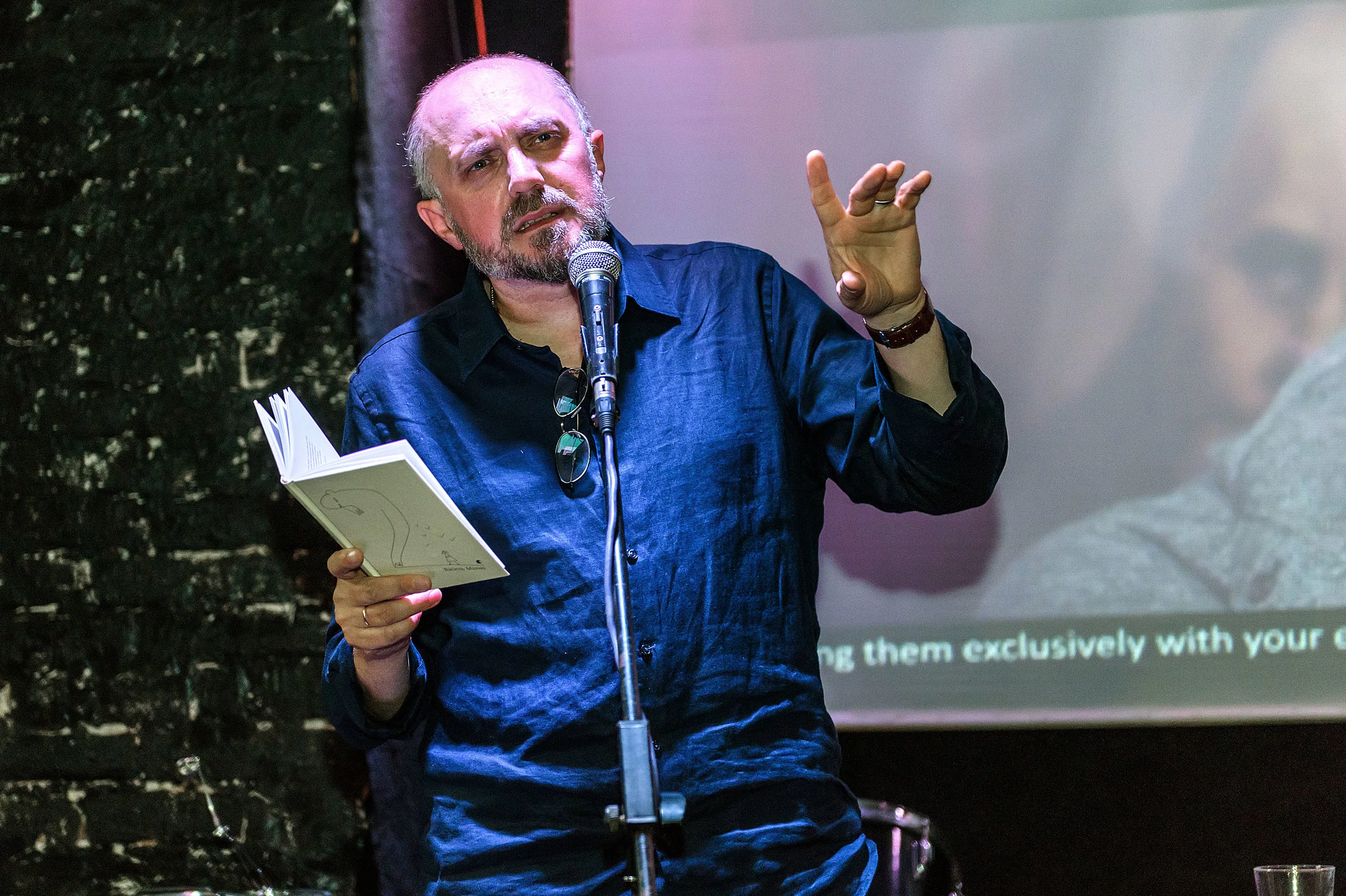
"These days, I feel like America has given me a second breath": An Interview with Vasyl Makhno
Interviewed by Kate Tsurkan
Actually, I lucked out with where I settled down in America. Sometimes I think to myself, what if I had chosen Chicago, Philadelphia, or some other provincial New Jersey town—what then?

Selected Poems
by Ondřej Hanus
Translated from the Czech by Nathan Fields
the first verse decides
through Holešovice underpass back into Mother
airtight sleep of narration spawns flaring micronarratives
a thing is the ekphrasis of essence and essence is the ekphrasis of God
that is the last use of matter
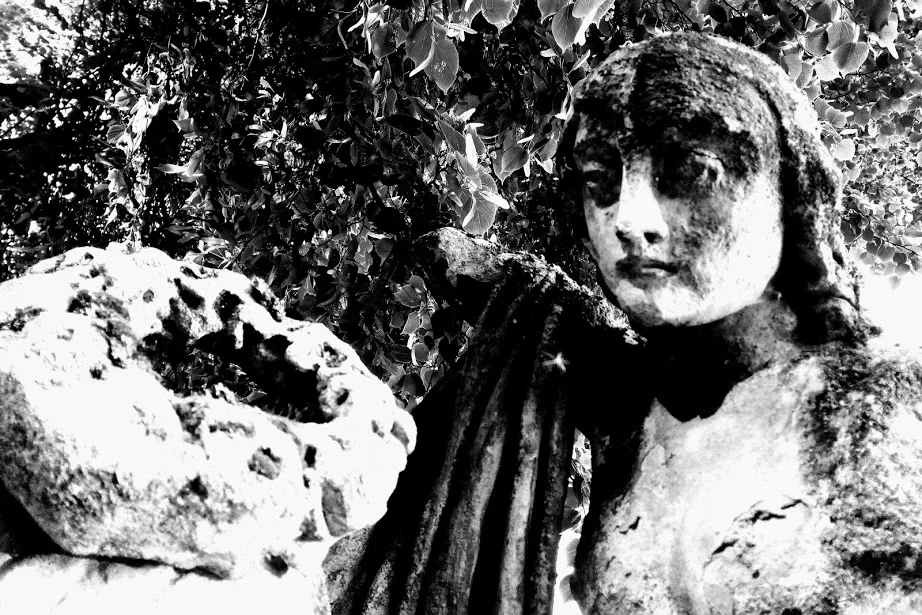
Selected Poems
by Petr Hruška
Translated from the Czech by Jonathan Bolton
That’s him.
It happens.
Selective mutism,
as learned people call it,
the sudden loss of speech.


An excerpt from the novel "Dust Collectors"
by Lucie Faulerová
Translated from the Czech by Alex Zucker
It was the worst moment of her life—except for all the others, that is. It was the worst moment of my life—except for all the others, that is. Except for the ones behind me now, waving to me with that look of satisfaction from a job well done, and except for the ones looking forward to me, shuffling their feet in anticipation, watching out for my arrival, chins lifted and arms spread wide.
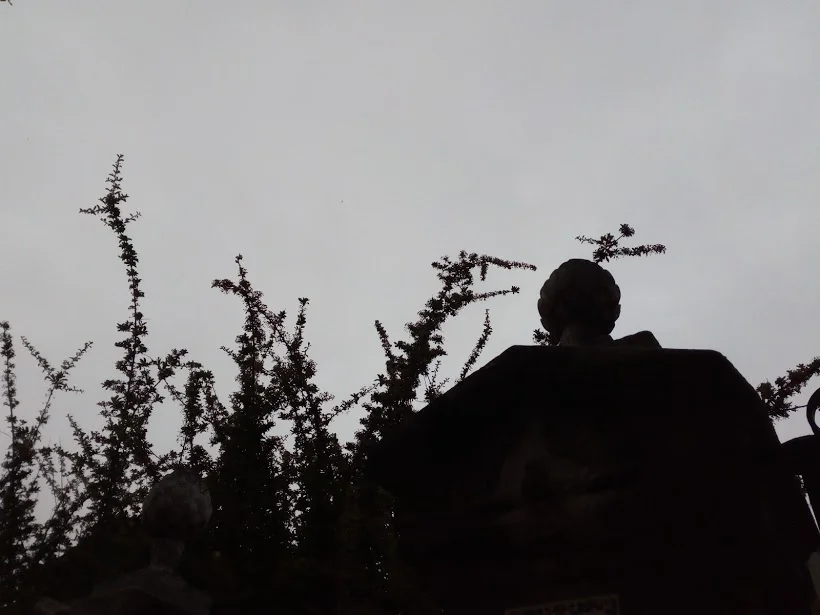
Name
by Marek Šindelka
Translated from the Czech by Nathan Fields
The grain is smooth and shines like a pearl. Hardly half a millimeter in length. Its origin is unclear. Maybe the remains of undersea mountains on the bottom of the ancient ocean, maybe a tiny particle of Saharan sand transported by subtropical wind from continent to continent. Maybe (and this is most probable) it is just ordinary debris without meaning or past. The grain, along with a number of others, is stuck onto a tiny piece of apple pulp full of putrid bacteria. The pulp glistens and ferments.

Vertigo
by Bianca Bellová
Translated from the Czech by Julia Sutton-Mattocks
There’s no avoiding it. Everyone suffers from it up here, even if they don’t speak about it. It grips your bowels like a citrus juicer. Vertigo seizes you with such strength that it paralyses you right from the tips of your fingers to your respiratory muscles. You have to resist it from the very first and crowd it out, as fast as you can, or it will eat you alive.
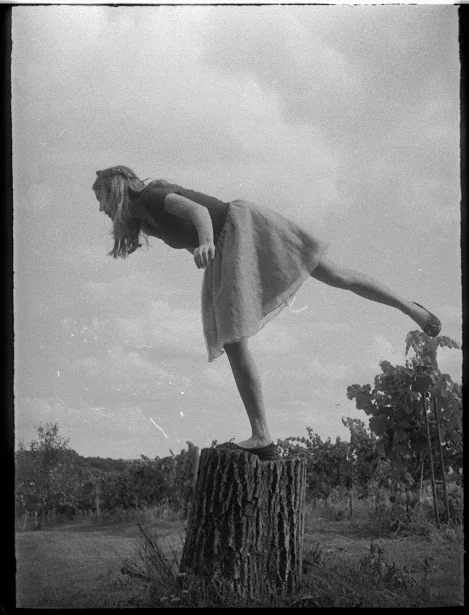
An excerpt from the novel “Hinterland”
by Jana Šrámková
Translated from the Czech by Andrea Goldbergerová
And then there was an awful humming sound, and it already fell down, flying crossways, it just cut out a portion of our house from the side like this. Wouldn’t you go hide in the cellar? We would, we had been there three times at night, but there was no time, I don’t know why they did not sound the alarm, nobody was expecting it.
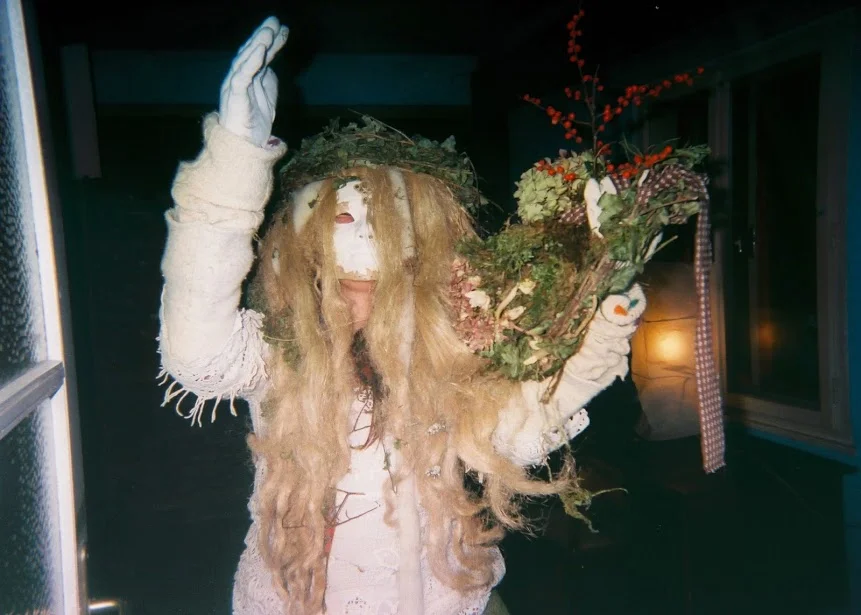
Selected Poems
by Pavel Kolmačka
Translated from the Czech by Nathan Fields
LIVING IN HARMONY
even with blossoming trees.
We shout, we laugh,
we carry, we lift,
we load hives, lids, pedestals,
we tighten straps
and drive in wedges.
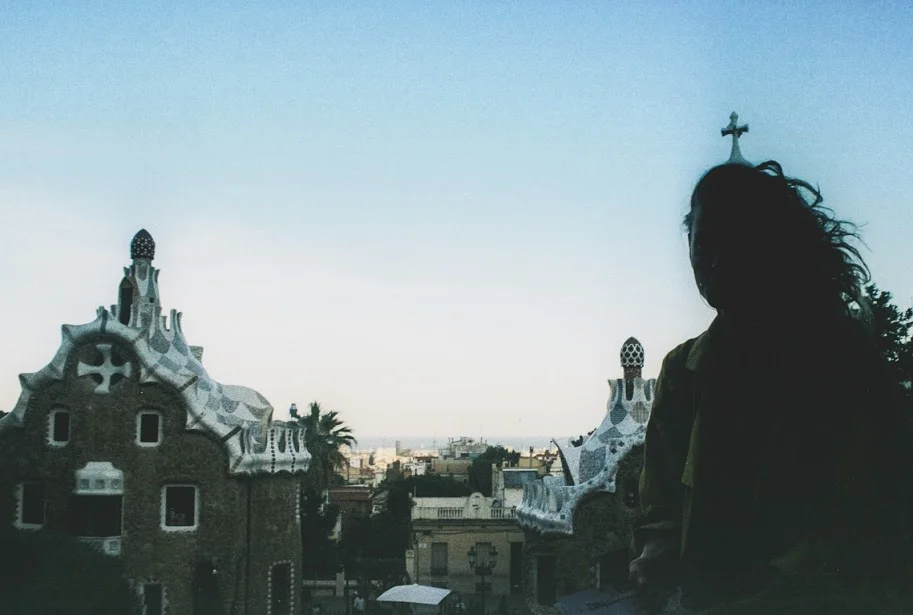
An excerpt from the novel "Hana"
by Alena Mornštajnová
Translated from the Czech by Andrea Goldbergerová
That year, the smell of disinfectant filled the air instead of spring. The houses were huddled to one another, as if they wanted to be comforted in the desolation also surrounding the figures walking through the town streets. Feuds and neighborly quarrels—which seemed important a few weeks ago—were put aside and all conversation revolved only around powerlessness, fear and disease.
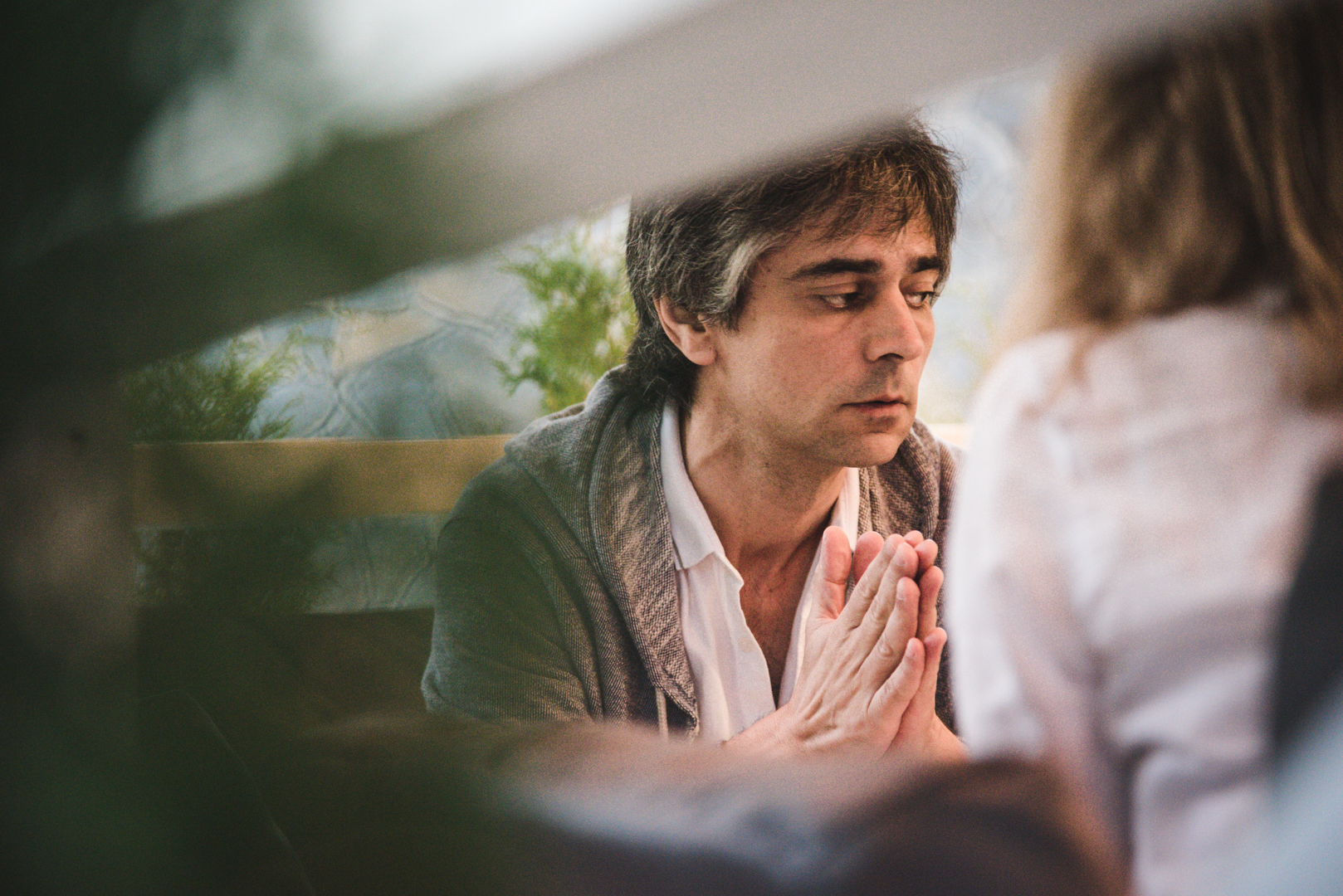
"A good prose writer has to be able to get into the skin of his enemies and give them a word": An Interview with Oleksandr Boichenko
Interviewed by Oksana Chorna
After the war is over, and it will take many years to come, only then we can hope for really good novels about the war. Why? Because really good prose takes time.
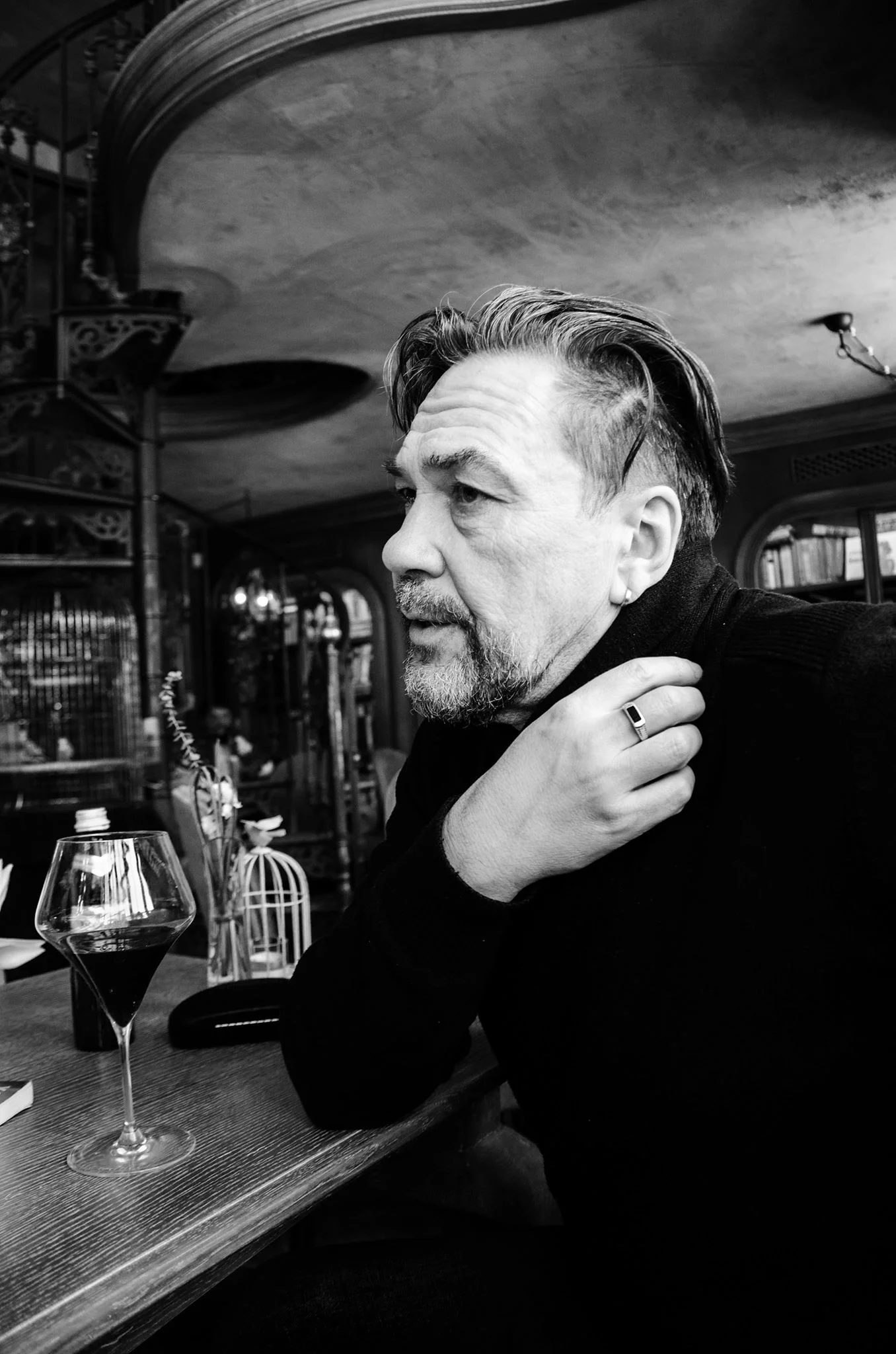
“Ukrainian book readers are some sort of a caste”: An Interview with Yuri Andrukhovych
Interviewed by Justina Dobush
In order to become dependent on a reader, one needs to have a clear idea of what his/her reader is like. One has to believe in his existence. Who is this reader, what does he want from his author?
